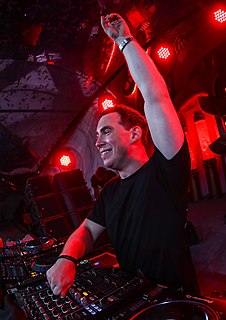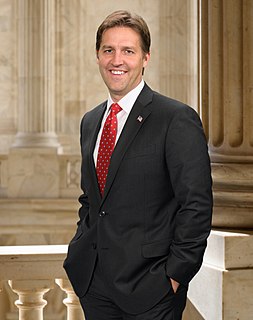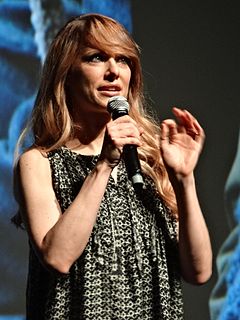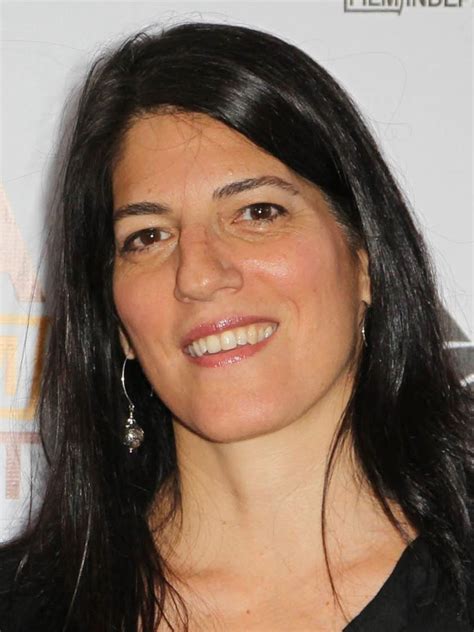A Quote by John Grant
If 'Queen Of Denmark' was about my childhood, then 'Pale Green Ghosts' is definitely about my adolescence, and that period was completely dominated by electronic music.
Related Quotes
Adolescence is a relatively recent thing in human history -- a period of years between the constraints of childhood and the responsibilities of adulthood. This irresponsible period of adolescence is artificially extended by long years of education, much of it wasted on frivolities. Tenure extends adolescence even further for teachers and professors.
A documentary on MTV about the Dutch scene was what sparked it all. I saw guys like Tiesto and Ferry Corsten talking about this thing called electronic music and I was instantly hooked. I started getting into it from then onwards, I was 12 years old and just completely bitten by this dance music bug. It's been my life ever since.
I'm trying to fly the flag for the days of electronic music where people who are making it are also building the gear because that was what was happening in the very early days of electronic music. And that spirit is one of the things that really appeals to me about electronic music so I'm putting this forward as a way to keep that.
The place of electronic music, culturally and socially, is today completely different - it is now everywhere, and it has been totally accepted. Consequently, there is now a younger generation that is more focused on making great electronic music, good parties, and having fun, where there is not any more so much need for cultural and ideological statements in electronic music itself.
In some ways it's hard to see electronic music as a genre because the word "electronic" just refers to how it's made. Hip-hop is electronic music. Most reggae is electronic. Pop is electronic. House music, techno, all these sorts of ostensibly disparate genres are sort of being created with the same equipment.
I find myself drawn to that period where children are about to leave childhood behind. When you're 12 years old, you still have one foot in childhood; the other is poised to enter a completely new stage of life. Your innocent understanding of the world moves towards something messier and more complicated, and once it does you can never go back.

































